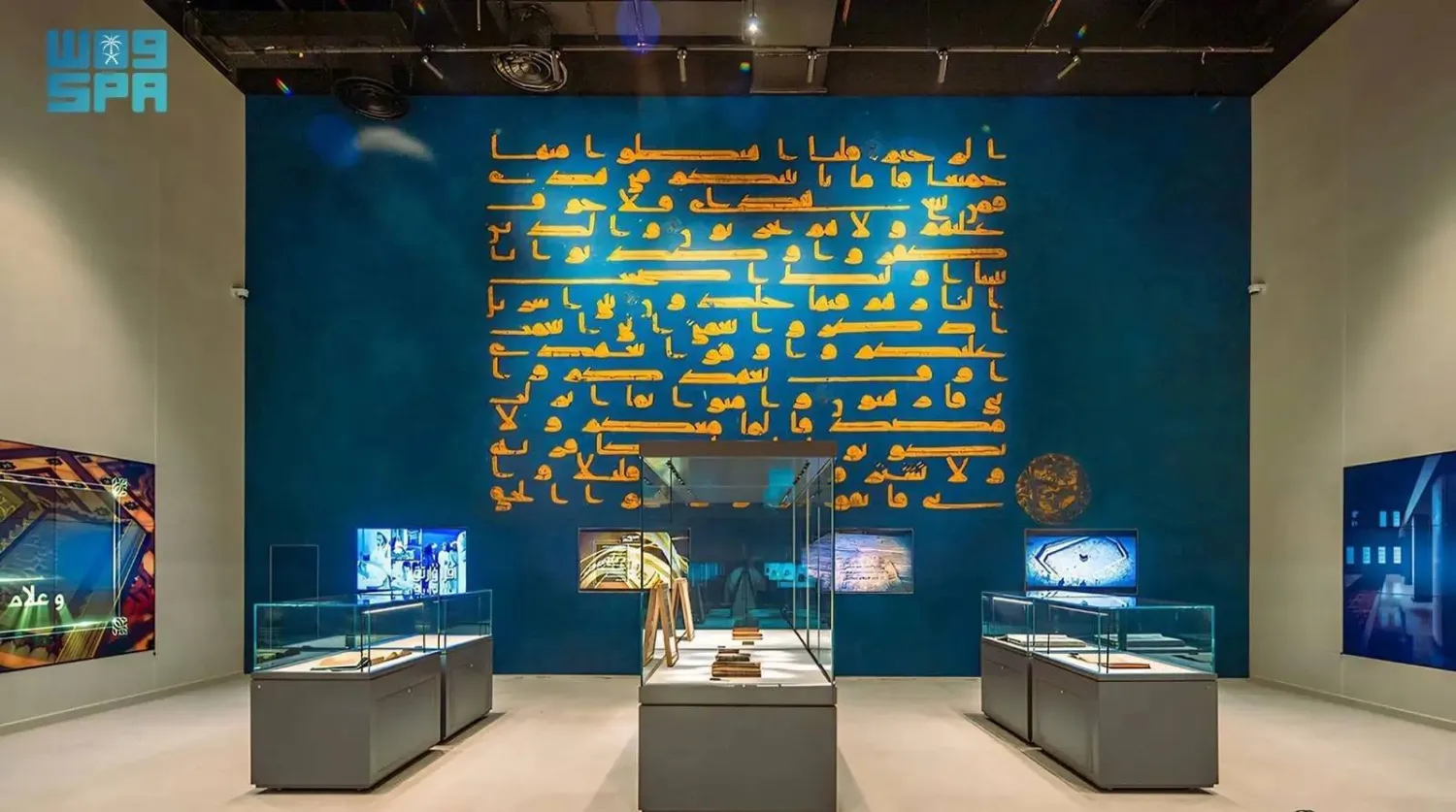The Saudi Culinary Arts Commission will participate in the 'Taste London' food festival and exhibition for the second consecutive time.
The event, scheduled from June 12 to 16 in London, will serve as a platform to showcase the rich and diverse culture of Saudi culinary arts globally and involve Saudi chefs in international forums.
The commission, a key partner in this international event, will present the unique flavours and traditions of Saudi Arabia under the slogan 'A Taste of Saudi Culture,' SPA reported.
Its national pavilion will be a hub of activity, featuring live cooking demonstrations of authentic Saudi dishes by talented Saudi chefs, a beverage maker's area showcasing the richness of Saudi drinks, and a product store promoting culinary arts books, packaged products such as dates, spices, and coffee cups, as well as handicrafts and souvenirs. A hospitality tent will serve renowned Saudi coffee and host engaging sessions for festival visitors.
The commission's participation in the Taste London exhibition for the second time is not only an opportunity for visitors of various nationalities to discover Saudi culinary arts and dishes but also a testament to Saudi culture's global reach and influence.
The goal is to provide an exceptional experience, allowing them to learn about Saudi culture through artisanal products, enhance the international status of Saudi food, and enable Saudi chefs to showcase their skills externally.
This participation also reflects the commission's unwavering commitment to promoting international cultural exchange as part of the goals of the National Strategy for Culture under the Kingdom's Vision 2030.









